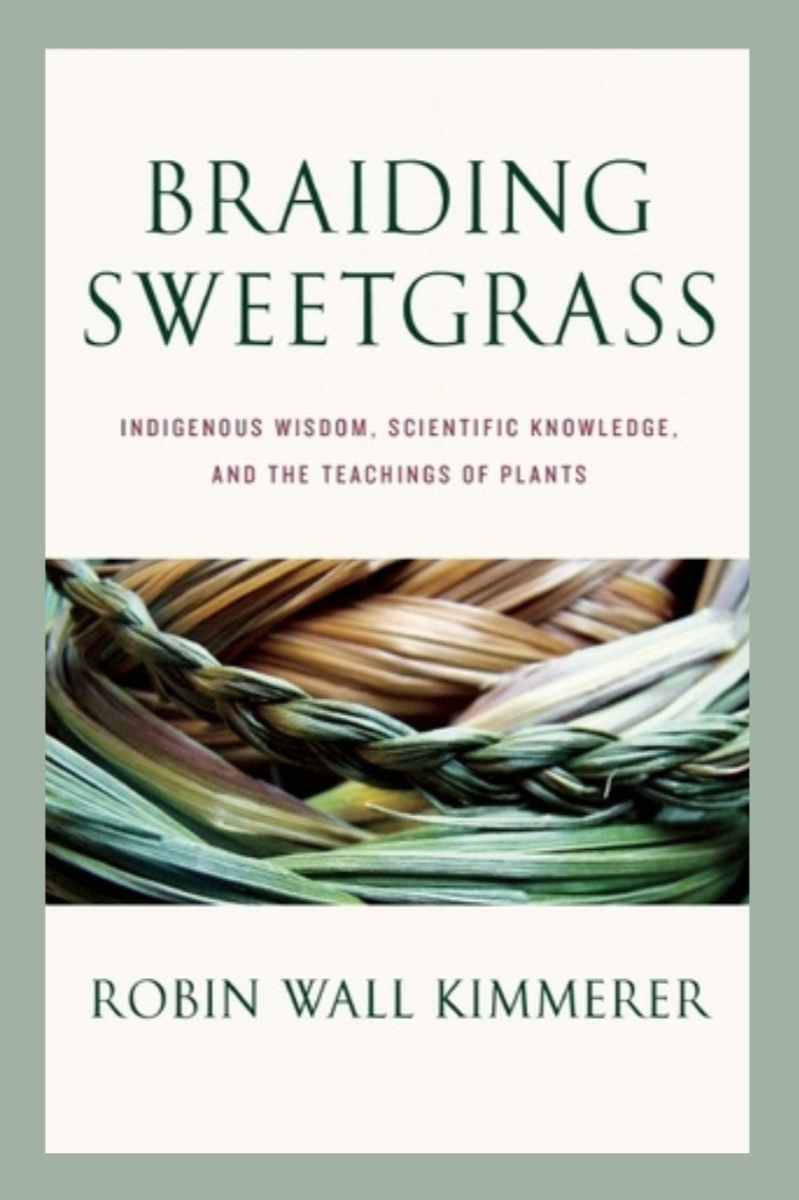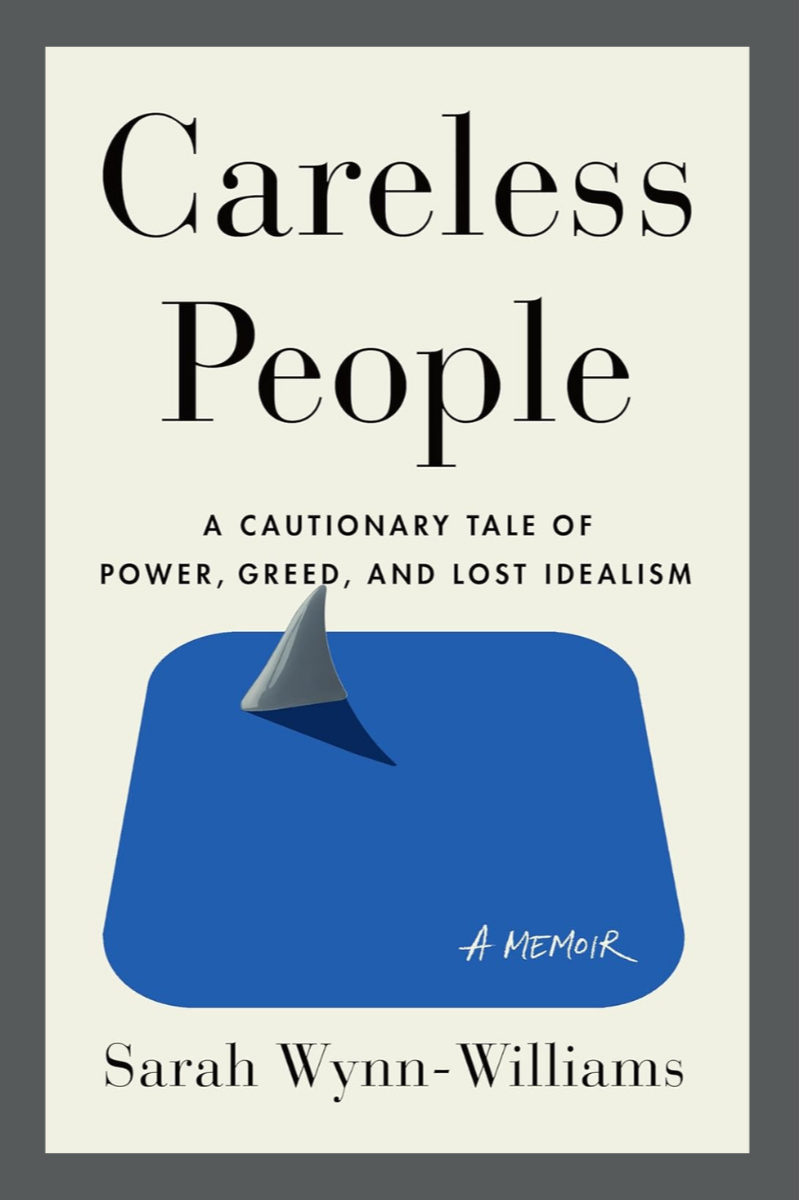Braiding Sweetgrass: Indigenous Wisdom, Scientific Knowledge and the Teachings of Plants – Robin Wall Kimmerer
Environmental nonfiction isn’t a genre I usually gravitate toward, but over the past few years I’ve found myself pulled more in that direction. Partly because living in Iowa forces you to confront water quality issues on a near-daily basis, and partly from the growing awareness that wildlife keeps getting pushed into smaller and smaller corners of the world we’ve overtaken.
I’m not a perfect homeowner by any stretch (I fertilize, I irrigate), but I do pay attention to what I’m doing and try to lessen my impact where I can. This book has been on my TBR for years, and it finally felt like the right time to tackle it.
It’s a dense book – beautifully written, but the kind of writing that demands you be fully present. I couldn’t listen for more than about 45 minutes before my mind drifted, not because the content was dull, but because it’s a lot to absorb.
Kimmerer is a natural storyteller, weaving Indigenous origin stories, scientific explanations and family memories into a single thread, all framed around specific plants or elements of the natural world. One chapter will be pecans, another maple syrup, then back to sweetgrass, the three sisters (corn, beans and squash) and even salamanders. Each one carries a cultural meaning, an ecological function and a personal memory.
Early on I was appreciating it but still feeling a little lost. She was sharing personal anecdotes filtered through both her scientific training and her Indigenous heritage, and the interplay between those modes took me a minute to settle into. But around the 20 percent mark, in the chapter “A Mother’s Work,” everything clicked.
She’s not advocating for perfection in how we care for the natural world, but for respect, reciprocity and the acknowledgment that nature isn’t separate from us. We’re protectors of it just as much as it protects us. That message landed.
Not every chapter is as strong, but that’s more a reflection of my personal interests than a flaw in the writing. I loved learning about the concept of the honorable harvest and was fascinated by the Wendigo myth. Still, some sections felt a bit eye-rolly to me at first, but I think that’s on me as a reader raised on Manifest Destiny narratives trying to recalibrate to something more balanced.
Kimmerer’s earnestness always won me back. She believes, deeply and without apology, in the principles she’s teaching, and they exist at the intersection of the scientific and the spiritual. Who am I to judge when the end result is a collection of ideas that benefits everyone and everything?
I’m usually a binge listener, but if you binge “Sweetgrass” you lose the impact, and the information starts to feel like homework. I actually finished two other books while making my way through it, which felt appropriate given its meditative pace.
As for the audiobook, I alternated between liking and disliking Kimmerer’s narration. She’s not a professional narrator, and you can hear that as sometimes the delivery feels overly emotive or unnatural. Other times she slips into a cadence that fits the seriousness and contemplation of the material perfectly. For someone narrating her own dense, philosophical work, she does better than most.
Overall, I’m glad I finally read it. Some chapters I loved, others I liked and a few I simply pushed through, but the cumulative effect is meaningful. It’s not a book you consume so much as sit with, and it’s one that gently shifts how you think about the world – if you give it the time and attention it asks for.
Rating (story): 3.5/5 stars
Rating (narration): 3/5 stars
Format: Audiobook (personal library)
Dates read: November 1 – November 13, 2025
Multi-tasking: Okay. This requires a fair amount of concentration, and you really shouldn’t listen to more than a chapter at a time. With that said, only stick with activities that allow you to stay focused on the text.





